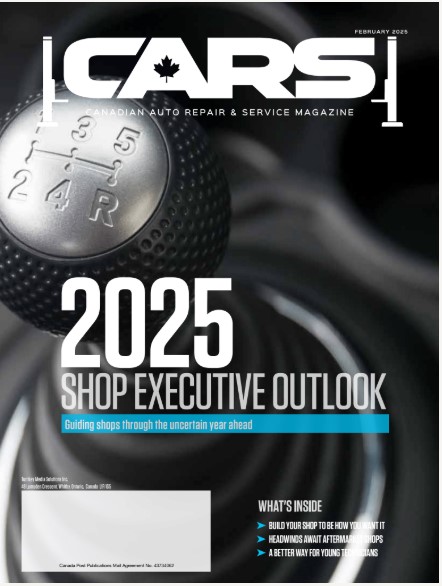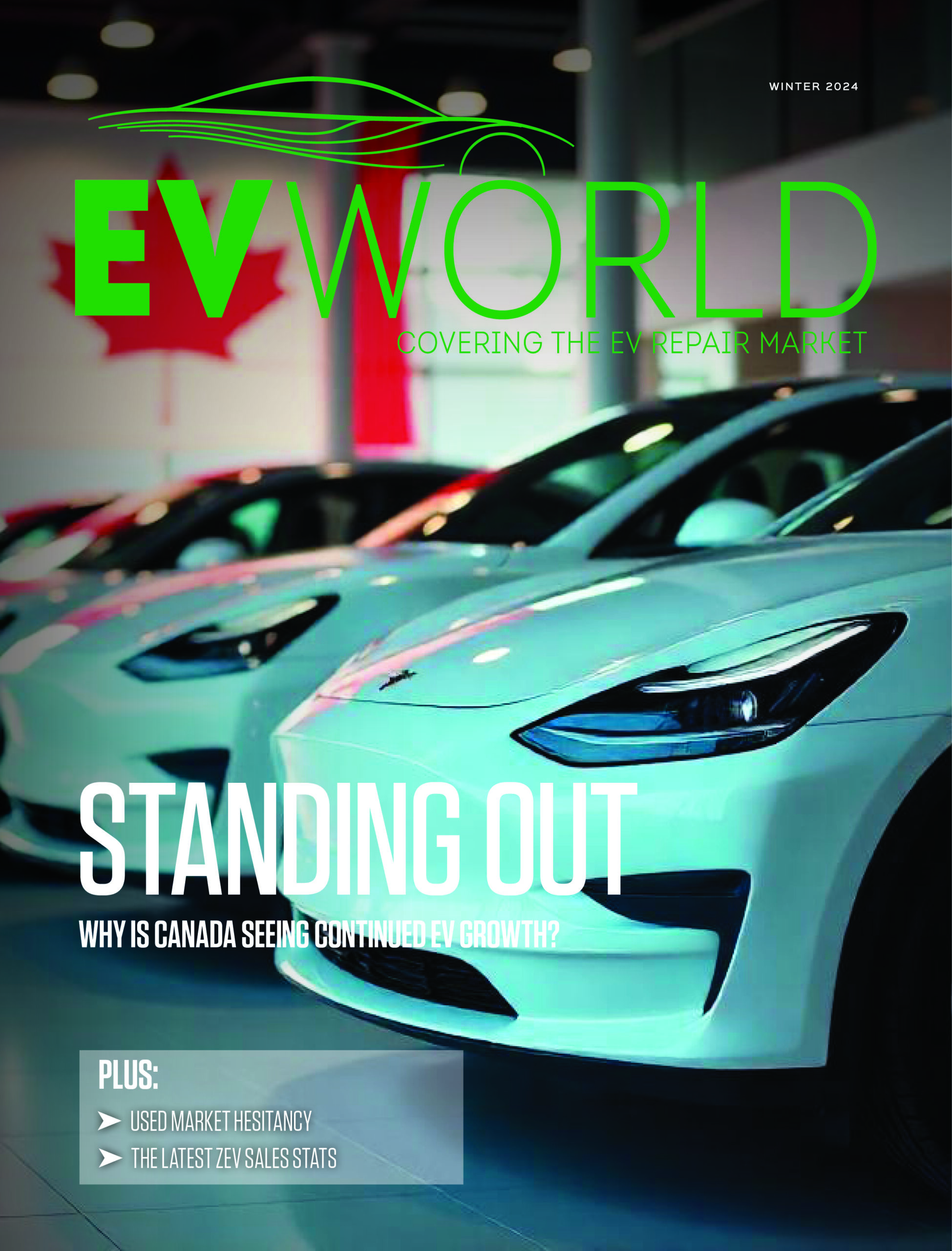
Contrary to popular belief, Gen Z workers are highly engaged and willing to work hard, but they are also the most likely to leave their jobs, according to new research by Qualtrics.
The study found that 74% of Gen Z workers (aged up to 27) are engaged at work, and 72% are motivated to contribute beyond what is required. Additionally, 74% would recommend their company as a great place to work.
However, despite their high engagement, only 40% of Gen Z workers plan to stay with their current employer for three or more years, at least 20 points lower than any other generation. This stark contrast highlights the challenge employers face in retaining young talent.
In comparison, Baby Boomers show much lower engagement levels. Despite the trend of “quiet quitting,” Gen Z employees are significantly more motivated to exceed expectations than their older counterparts.
“The employee experience is important for everyone at all stages of life and career, and equal care should be given to those later in their career as those just getting started,” said Benjamin Granger, Qualtrics’ chief workplace psychologist. “The relatively low engagement scores among the Baby Boomer generation suggest that organizations may not be meeting the shifting needs of these workers, who may place higher value on career stability.”
As Gen Z is expected to outnumber Baby Boomers in the workplace this year, companies must navigate the diverse needs and expectations of their workforce, the group said. Understanding these generational differences is crucial for attracting and retaining talent.
The study also found that across all generations, employees are more likely to stay if they can meet their career goals and have adequate benefits. However, Gen Z has unique drivers, such as the desire to challenge traditional practices and a focus on reporting unethical business practices. These factors are less significant for older generations.
While Gen Z workers value work-life balance and manager support for their well-being, they are least likely to report having the flexibility to meet both work and personal needs and often experience lower levels of well-being.
“Gen Z workers are relatively new to the workforce, and it’s well known that stage of life greatly impacts workers’ needs and expectations,” Granger added. “Leaders who actively listen to these workers’ expectations and needs can win over great employees who are willing to go above and beyond.”













Leave a Reply